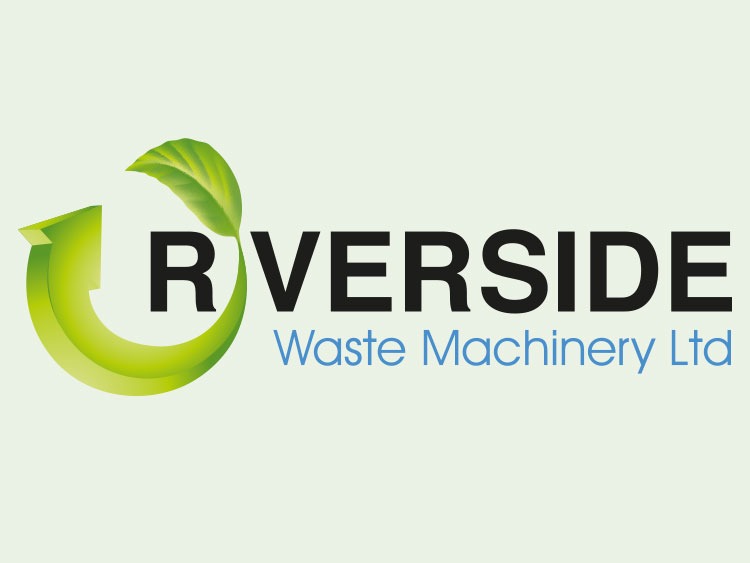Waste baler specialist Riverside Waste Machinery (RWM) has introduced a new horizontal baler press to its fleet of technologies.
The mill-size, semi-automatic RWM HZ 70T is designed for clients such as small skip companies, reprocessors, large manufacturing units, retailers or distributors handling larger volumes of materials. At 7m long, this 9.5 tonne machine is one of the most robust in the industry, and can achieve bales of around 650kg, with a cycle time of only 45 seconds.
Materials such as cardboard, paper, semi-rigid plastics, drinks cans and polythenes, plus a host of others, are fed in via a hopper or conveyor belt and an intelligent photo-cell will auto-start the baler. PLC controls offer safe and easy operation throughout. Should a foreign object enter the machine, a detection mechanism will protect and stop the baler after three press attempts allowing retrieval of the unknown material.
With the UK’s most extensive range of vertical balers suitable for an array of dry recyclables, Riverside’s managing director Jonathan Oldfield is excited about the opportunities this latest addition will bring for the team of baling experts. He said: “An increasing number of organisations are looking to take control of their packaging waste by converting their materials into manageable bales. But as awareness of the value of baling grows, so too do machine requirements hence the need to evolve our range.
“This baling machine can achieve up to five times more throughput than a vertical press, given it’s increased flexibility. A varying compaction force of 50, 60 or 70 tonnes means this adjustable machine is suitable for many different material types. The length of the resulting bale can also be configured to suit marketplace requirements.
“We have had a phenomenal six months since we parted from the shredding side of the business, and I now look forward to offering clients an even greater variety of solutions for their waste volume reduction needs.”






